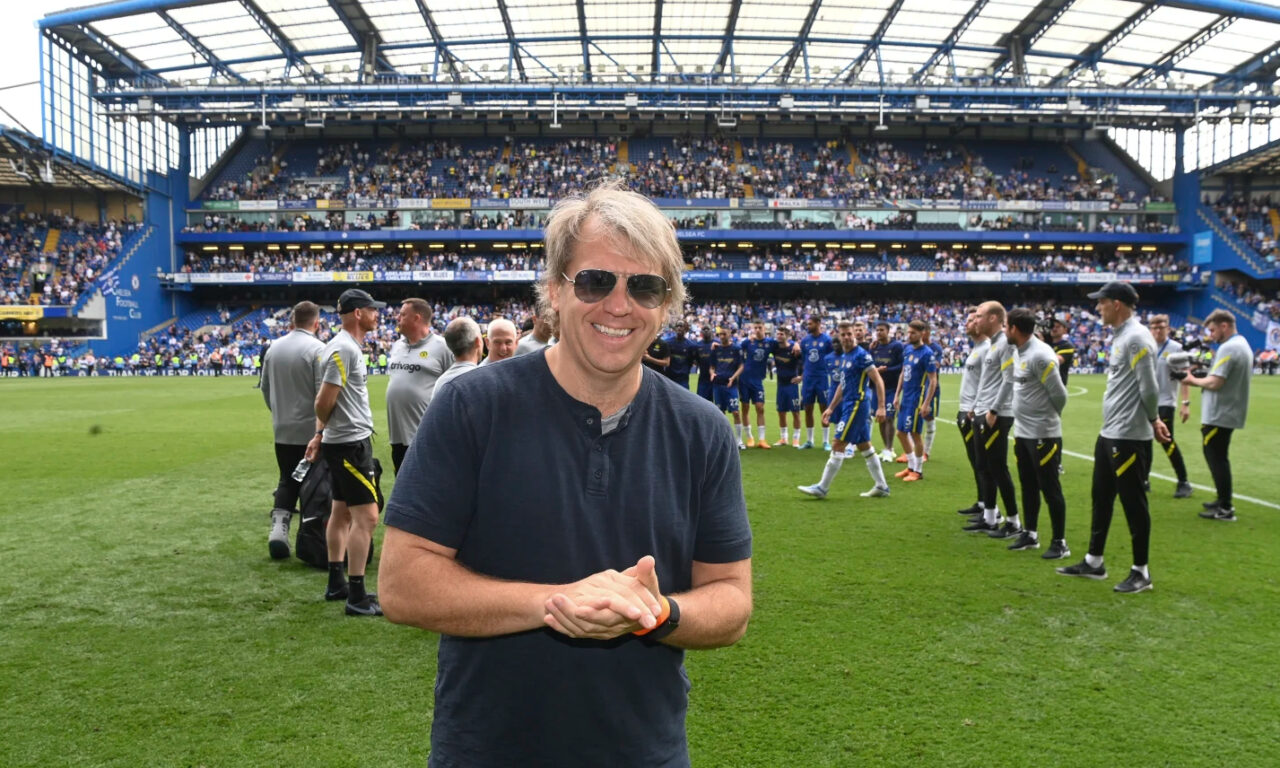Qualitative vs quantitative: how Sheffield United and Chelsea’s recent sponsorship activity differs

As the Sheffield club return to the Premier League after two seasons out, senior figures are determined to secure ‘family friendly partners.’ Through this stated ambition, the club have turned down at least three multi-million pound offers from gambling firms to become the club’s new shirt sponsor. Meanwhile, Chelsea rush to push through a controversial deal with crypto-casino Stake.com. In this article, we query whether these moves make sense and what they suggest about the future of Premier League sponsorship.
What is the state of play in gambling sponsorship?
For sponsors, the Premier League guarantees global viewership. Together with the highest match day attendance average in Europe, it forms the most quantitatively impressive sponsorship platform in British sports. In mid-April, the League announced that its teams had agreed an effective ban of front-of-shirt gambling sponsorship commencing in the 2025/26 season. With Sheffield United’s recent rejection of gambling firms, alongside fan discontent over Chelsea’s proposed deal with Stake.com, we are starting to see two distinct approaches to gambling sponsorship.
To read more about the ban, click here.
Why does Sheffield United’s approach make sense?
As The Sponsor’s Fair Market Value analysis of all Premier League teams suggests, Sheffield United sit alongside Burnley, Luton, and Nottingham Forest at the bottom of the Power Index table.
United are thought to be seeking at least £6m from the successor’s to current sponsors, Randox Health. In rejecting lucrative gambling sponsorships, the club are in no way undermining their commercial viability. They are simply closing down an already declining sponsorship avenue. Indeed, the club were able to exhibit their sponsorship commitments with a high-profile launch of their new kit deal with Errea at the clothing manufacturers’ headquarters in Parma, Italy, last summer. The club’s eventual sponsor for the 23/24 season will now be perceived on the basis that a conscious and ethically self-aware club has selected them. That only lays fertile ground for brands intent on a positive impact.
What can we learn from Chelsea’s struggle?
In a complete inverse of Sheffield United’s approach, Chelsea were this week under fire for a deal being finalised with Stake.com. It comes after the Premier League rejected a proposed deal with streaming service Paramount Plus on the grounds that it could affect viewership figures. Further deals with Allianz and a crypto-currency firm have also collapsed in recent weeks. While the deal with Stake.com would likely be short-term to account for the eventual ban on front-of-shirt gambling sponsorship, supporters have nonetheless hit out in droves. A Chelsea Supporters’ Trust survey revealed 77% of 3,297 fans polled either disagree or strongly disagree with the decision. Further, the deal has been seen to undermine the club's charitable foundation's work on gambling addiction, with some fans labelling it a ‘total mockery.’ If the deal goes ahead, Chelsea would only be able to sell shirts displaying Stake in adult sizes, with kids’ shirts showing no sponsor. The sacrifices in terms of public perception are clear.
However, given The Sponsor’s assessment that Chelsea’s fair market sponsorship value plummeted by 60% after a devastating season, it is unsurprising that the club have their eyes and ears tuned to the highest payers. With an FMV of £16.9m, the reported £40m deal with Stake.com could on balance compensate for the effects of the club’s on-pitch performance.
Final thoughts
Between the two clubs, we saw a qualitative and a quantitative approach to sponsorship. In terms of the future, Sheffield United will be able to leverage the goodwill between the club and their fan base. Meanwhile, Chelsea may well stay financially afloat, but will do no help to the already dissatsifed audience.
.









